Schedule
| 8:55 - 9:00 | Opening Remarks |
| 9:00 - 9:50 | Katherine A. Yelick "Genomic Analysis at Scale: Mapping Irregular Computations to Advanced Architectures" |
| 9:50 - 10:15 | Naomie Abecassis, Juan Gomez Luna, Ran Ginosar, Aphélie Moisson-Franckhauser and Leonid Yavits "GAPiM: a hardware acceleration of Genome Analysis pipeline using Processing in Memory" |
| 10:15-10:40 | Courtney Golden, Dan Ilan, Nicholas Cebry and Christopher Batten "Accelerating Seed Location Filtering in DNA Read Mapping Using a Commercial Compute-in-SRAM Architecture" |
| 10:40-11:15 | Alon Rashelbach, Ori Rottenstreich and Mark Silberstein
"Nucleotide String Indexing using Range Matching " |
| 11:15 - 11:20 | Coffee break |
| 11:20 - 12:10 | Dominique Lavenier
"Exploring genomic algorithms on Processing-in-Memory Architecture" |
| 12:10 - 12:35 | Meven Mognol, Julien Legriel and Dominique Lavenier
"Parallelization of the banded Needleman & Wunsch algorithm on UPMEM PiM architecture for long DNA sequence alignment" |
| 12:35 - 14:00 | Lunch |
| 14:00 - 14:50 | Damla Senol Cali
"Accelerating the Transformation in How We Analyze the Human Genome" |
| 14:50 - 15:15 | Gagandeep Singh, Mohammed Alser, Alireza Khodamoradi, Kristof Denolf, Can Firtina, Meryem Banu Cavlak,
Henk Corporaal and Onur Mutlu
"RUBICON: A Framework for Designing Efficient Deep Learning-Based Genomic Basecallers " |
| 15:15 - 15:40 | Joël Lindegger, Damla Senol Cali, Mohammed Alser, Juan Gómez-Luna, Nika Mansouri Ghiasi and Onur
Mutlu "Scrooge: A Fast and Memory-Frugal Genomic Sequence Aligner for CPUs, GPUs, and ASICs " |
| 15:40 - 16:00 | Coffee break |
| 16:00 - 16:25 | Yilin Feng, Zheyu Li, Gulsum Gudukbay Akbulut, Vijaykrishnan Narayanan, Mahmut Taylan Kandemir and
Chitaranjan Das
"FPGA Implementation of Adaptive Band Event Alignment using High-Level Synthesis " |
| 16:25 - 16:50 | Meryem Banu Cavlak, Gagandeep Singh, Mohammed Alser, Can Firtina, Joël Lindegger, Mohammad
Sadrosadati, Nika Mansouri Ghiasi, Can Alkan and Onur Mutlu
"TargetCall: Eliminating the Wasted Computation in Basecalling via Pre-Basecalling Filtering " |
| 16:50 - 17:15 | Can Firtina, Nika Mansouri Ghiasi, Joel Lindegger, Gagandeep Singh, Meryem Banu Cavlak, Haiyu Mao and
Onur Mutlu
"RawHash: Enabling Fast and Accurate Real-Time Analysis of Raw Nanopore Signals for Large Genomes" |
| 17:15 - 17:40 | Can Firtina, Jisung Park, Mohammed Alser, Jeremie S. Kim, Damla Senol Cali, Taha Shahroodi, Nika
Mansouri Ghiasi, Gagandeep Singh, Konstantinos Kanellopoulos, Can Alkan and Onur Mutlu
"BLEND: a fast, memory-efficient and accurate mechanism to find fuzzy seed matches in genome analysis" |
| 17:40 - 18:05 | Safaa Diab, Amir Nassereldine, Mohammed Alser, Juan Gómez Luna, Onur Mutlu and Izzat El Hajj
"A Framework for High-throughput Sequence Alignment using Real Processing-in-Memory Systems" |
| 18:05 - 18:10 | Closing remarks |
Keynote Speakers
-
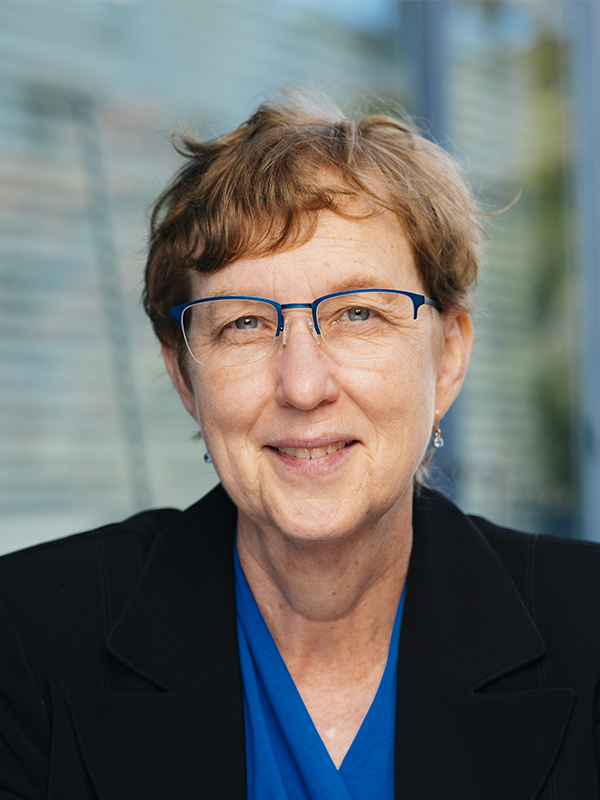
Katherine A. Yelick
Professor of Electrical Engineering and Computer Science , University of California, Berkeley
Genomic Analysis at Scale: Mapping Irregular Computations to Advanced Architectures
Short Bio: Katherine Yelick is the Vice Chancellor for Research at the University of California, Berkeley, where she also holds the Robert S. Pepper Distinguished Professor of Electrical Engineering and Computer Sciences. She is also a Senior Faculty Scientist at Lawrence Berkeley National Laboratory. Her research is in high performance computing, programming systems, parallel algorithms, and computational genomics and she currently leads the ExaBiome project on Exascale Solutions for Microbiome Analysis. Yelick was Director of the National Energy Research Scientific Computing Center (NERSC) from 2008 to 2012 and led the Computing Sciences Area at Lawrence Berkeley National Laboratory from 2010 through 2019, where she oversaw NERSC, the Energy Sciences Network (ESnet) and the Computational Research Division. She earned her Ph.D. in Electrical Engineering and Computer Science from MIT and is a member of the National Academy of Engineering and the American Academy of Arts and Sciences. She is a Fellow of the Association for Computing Machinery (ACM) and the American Association for the Advancement of Sciences (AAAS), and she is a recipient of the ACM/IEEE Ken Kennedy award and the ACM-W Athena award. Yelick was an Associate Dean in the Division of Computing, Data Science, and Society from 2020-2021 and Vice Chancellor for Research at UC Berkeley starting in January 2022.
-
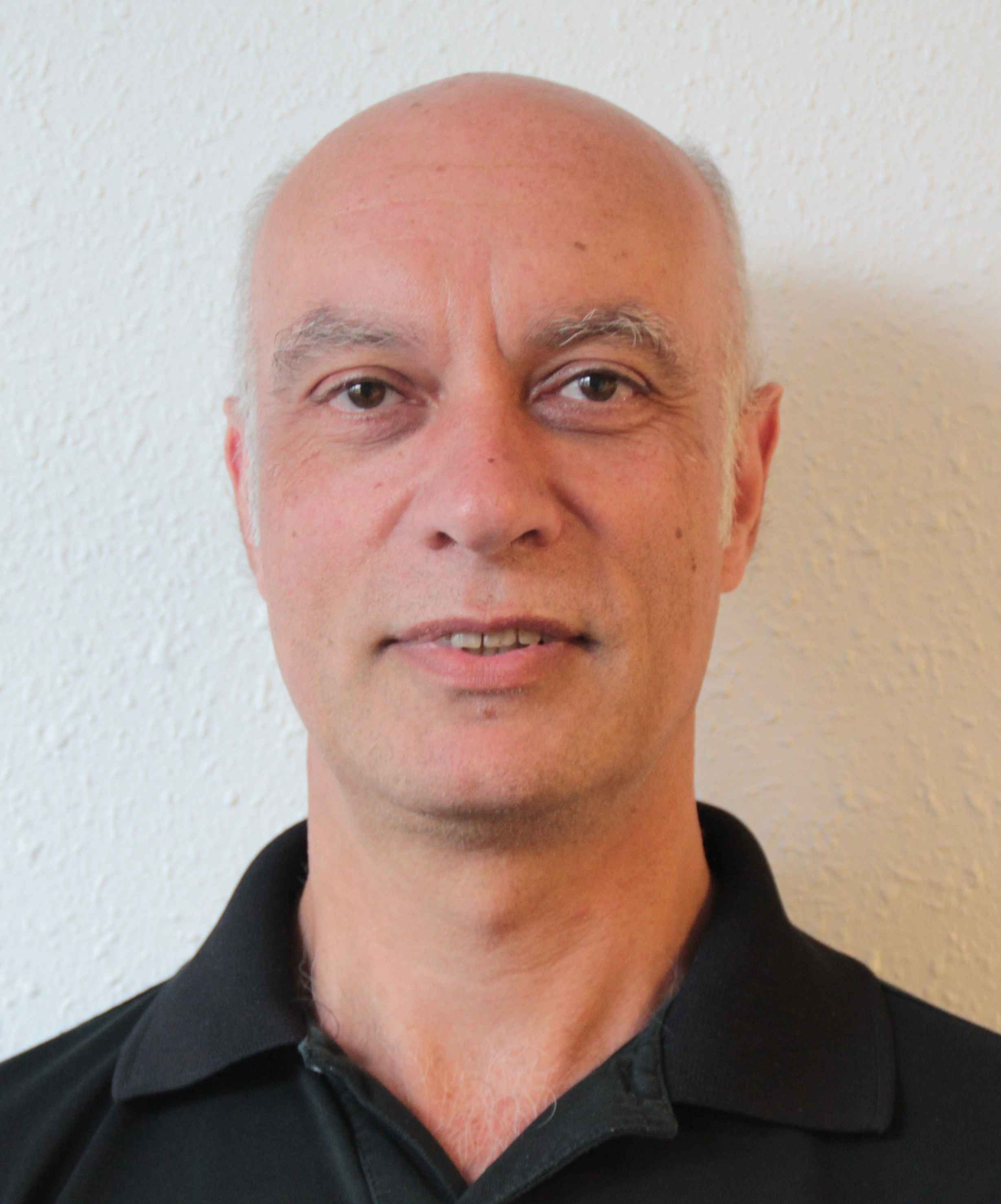
Dominique Lavenier
CNRS research Director, IRISA/INRIA
Exploring genomic algorithms on Processing-in-Memory Architecture
Short Bio: Dominique Lavenier is a CNRS research fellow and member of the GenScale bioinformatics team at IRISA/INRIA, Rennes, which he created in 2012. His current research interests include bioinformatics, data structures, genomics, parallelism, algorithm optimization, in-memory processing and DNA storage. In the past, he has designed several hardware prototypes for molecular biology, bioinformatics or genomic applications, including VLSI chips and FPGA + Memory architectures. Since 2015, he has been collaborating continuously with UPMEM to investigate different ways to parallelize genomic algorithms on in-memory processing systems.
-
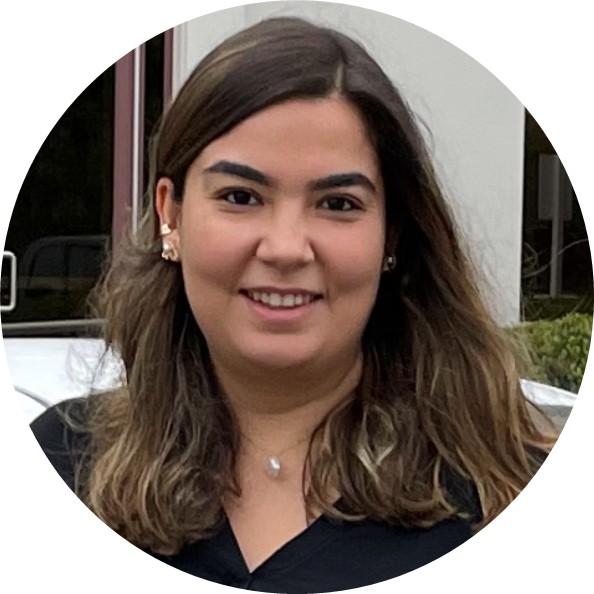
Damla Senol Cali
Hardware Acceleration specialist, Bionano Genomics
Accelerating the Transformation in How We Analyze the Human Genome
Short Bio: Dr. Damla Senol Cali is a Staff Software Engineer, focusing on Hardware Acceleration at Bionano. Her work at Bionano includes leading efforts to develop a new hardware acceleration platform for the analysis of Bionano’s Optical Genome Mapping (OGM) data and collaborating with bioinformatics scientists and software engineering teams to create powerful frameworks to accelerate bioinformatics workloads and emerging applications. She received her Ph.D. degree in Computer Engineering from Carnegie Mellon University in 2021. Her work broadly spans bioinformatics and computer architecture, focusing on hardware/software co-design for accelerating bioinformatics applications and genomic data analysis. During her Ph.D., she has published several papers that appeared in top computer architecture venues including MICRO and ISCA. She obtained her M.S. in Computer Engineering from Carnegie Mellon University in 2019, and her B.S. in Computer Engineering from Bilkent University, Turkey in 2015. During her Ph.D., she also interned at Intel Labs in 2018 and 2020.
Workshop Organizers
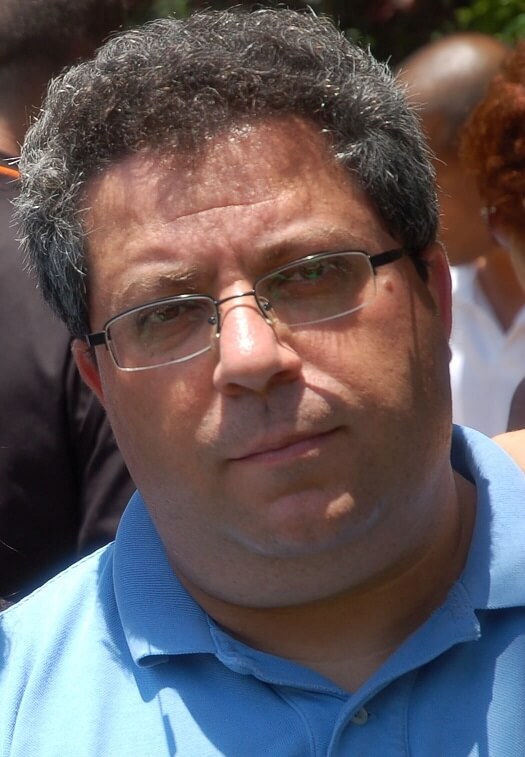
Leonid Yavits
Bar Ilan University
Short bio: Leonid Yavits is with Bar Ilan University, Israel. He received his MSc and PhD in Electrical Engineering from the Technion. After graduating, he co-founded VisionTech where he co-designed the world’s first single chip MPEG2 codec. Following VisionTech’s acquisition by Broadcom, he managed Broadcom Israel R&D and co-developed a number of video compression products. Later Leonid co-founded Horizon Semiconductors where he co-designed a Set Top Box-on-chip for cable and satellite TV. Leonid’s research interests include non von Neumann computer architectures, processing in memory, and domain specific accelerators. Leonid's research work has earned several awards; among them: IEEE Computer Architecture Letter Journal Best Paper Awards for 2015 and 2017 and best poster award at ICS High Performance Conference 2017.
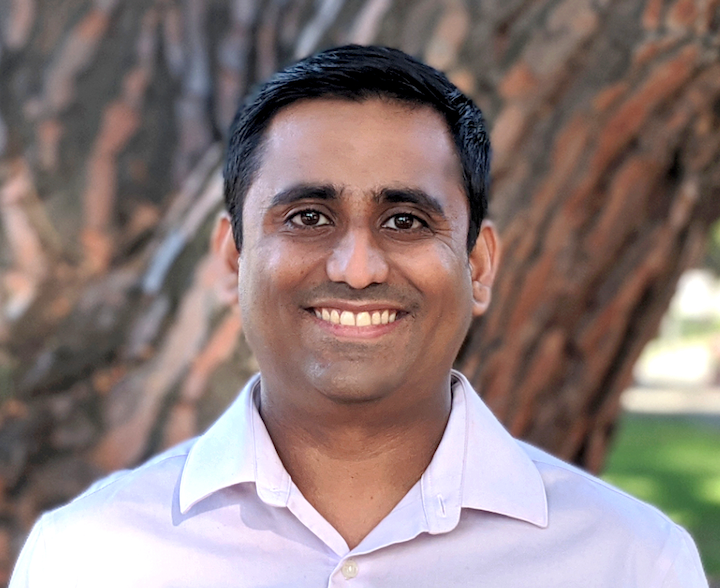
Yatish Turakhia
University of California, San Diego
Short bio: Yatish Turakhia is assistant professor of Electrical and Computer Engineering (ECE) at UCSD. He was previously a postdoctoral scholar at the Genomics Institute at UC Santa Cruz and received his PhD student in from Stanford University. His work has been conferred with the best paper award at ASPLOS, IEEE Micro Top picks and NVIDIA graduate fellowship.